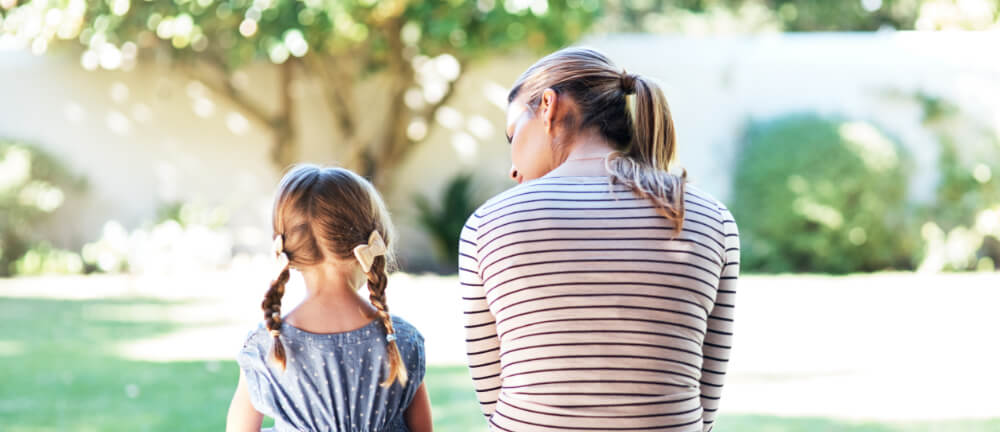
There are many benefits to socialising and playing games online — it can be entertaining and educational, while helping to build digital intelligence skills. However, games or apps with a chat function mean your child is likely to be communicating with others online, including strangers.
Our research shows it is more common than you think, with one in four young people being contacted by someone they don’t know online.
Contact from strangers can make children feel uncomfortable or lead to dangerous situations like harassment or “grooming” — where a young person is lured into trusting a sexual predator online.
So just as we help guide young people to identify unsafe behaviour in the physical world, we need to do the same in their online world – for example, helping them to understand when it's not appropriate to chat to an adult without a parent around.
Conversation starters
Talking with your children about their ‘online friends’ can be a great way to help develop their skills around identifying and dealing with unwanted contact.
- What do you think makes a good online friend?
Parents and carers can help young people recognise respectful, safe online relationships. Talk to your child about what good friends do, personal boundaries and safe behaviour. For example, a good online friend:
- would never send anything to shock you or make you feel icky
- would never ask you to do something that makes you feel uncomfortable
- understands when you need time away
- speaks to you with respect
- respects your feelings and is kind
- would never threaten you or ask you not to tell your parents
- listens when you say no or ask them not to do something.
Extend the conversation by talking about games and social media and what safe behaviour looks like in those spaces.
More advice at: www.esafety.gov.au/parents/skills-advice/good-habits-start-young
- How do you know if an online friendship has taken an unsafe turn?
Talk to your child about the signs that show an online friendship isn’t safe. If anyone online — a friend or stranger — tries to develop a very close relationship quickly or asks for private photos or videos, they may intend to sexually abuse the young person.
Some other warning signs to look out for include:
- asking lots of personal questions
- giving excessive compliments
- wanting to keep the relationship secret
- sending gifts or money
- asking for nude photos or videos.
By helping your child recognise these typical grooming behaviours they can better protect themselves online.
More advice at: www.esafety.gov.au/parents/big-issues/unwanted-contact
- Who would you talk to if you felt unsafe online?
Our research shows only 55% of young people sought help from a parent after a negative online experience. Your child may not tell you about a negative incident if they think they will be punished or have their device taken away. Instead, they may turn to friends, siblings or another trusted adult.
You can encourage your child to talk to you about an online issue by discussing:
- that you will be there to help protect and support them, no matter what
- your reaction – reassure them you will stay calm
- the actions you might take to support and help them feel safer
- the services available for counselling and further assistance.
You can also try talking through an online safety scenario with your child, sharing your feelings and the challenges of talking about this type of experience.
If your child is struggling to open up about an online issue, there are a range of support services that can help: www.esafety.gov.au/key-issues/online-safety-and-wellbeing-directory
Reporting unwanted contact online
It is important for parents to understand that the grooming and procuring children over the internet are crimes investigated by the police. If your child has encountered this kind of activity online, contact your local police station. If your child is in immediate danger call Triple Zero (000).
If your child receives suggestive comments, requests for explicit images or messages of a sexual nature on a social media site, app or game, it should be reported to the service. It is important to collect evidence first and then report the account even if you have blocked them — this helps makes the internet safer for everyone.
If an intimate or nude image of your child has been shared or is threatened to be shared online, report it to eSafety and we can help take it down: www.esafety.gov.au/IBA.
Your child may need your assistance to report a user. Use our games, apps and social networking guide to problem-solve together. Help them gather evidence, report the contact and block the user. Let your child lead the way and help them develop the skills to manage online challenges in the future.




